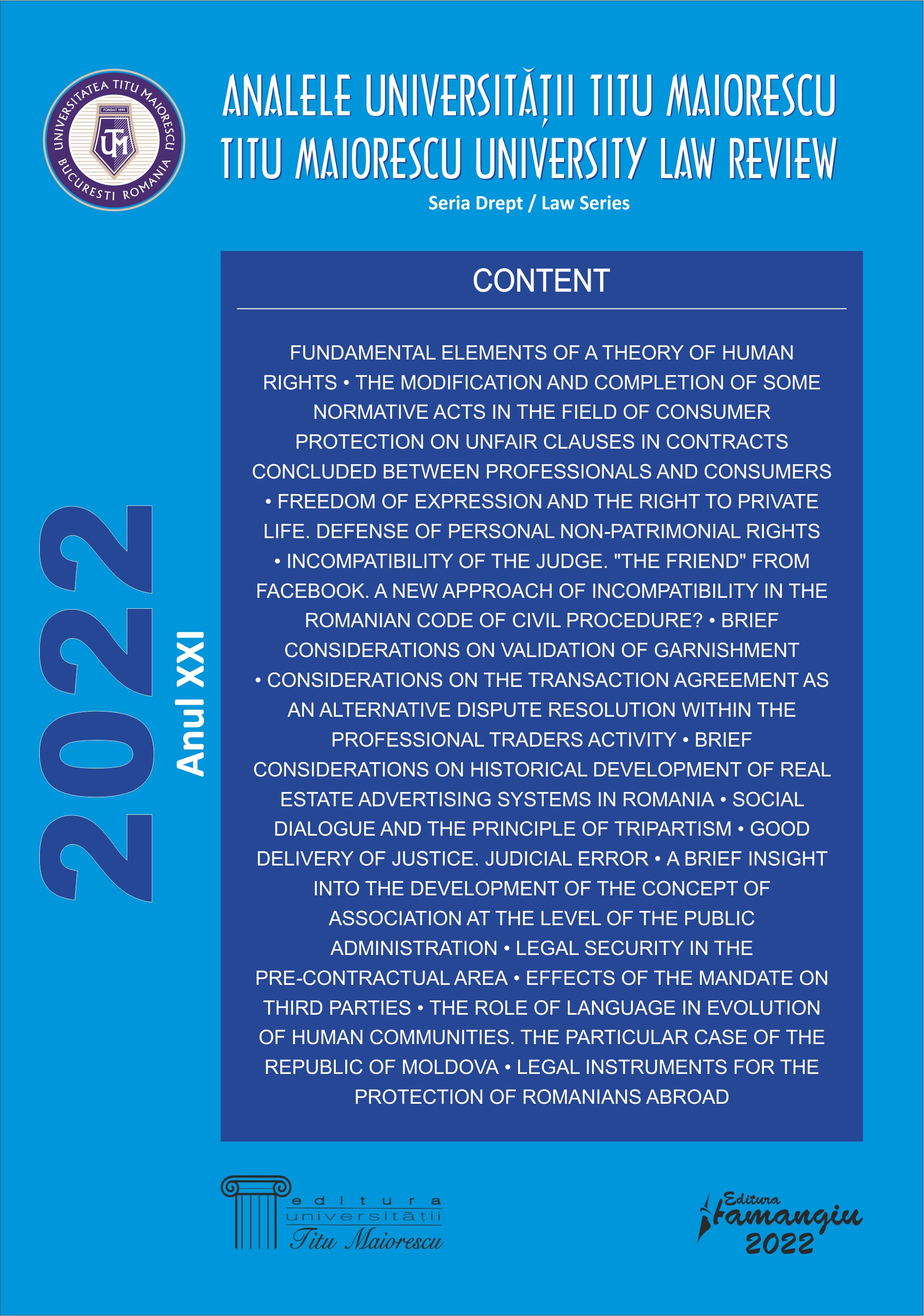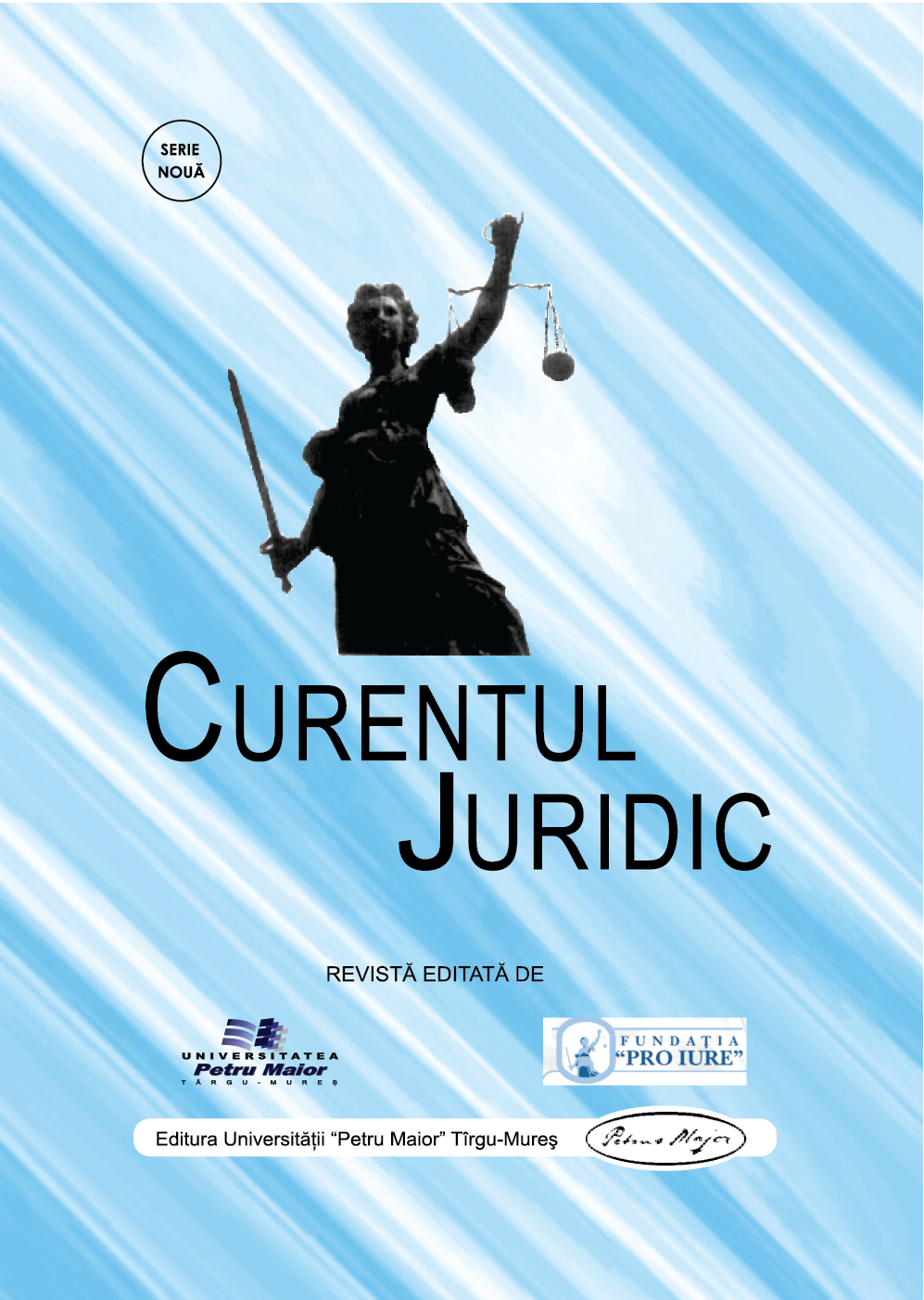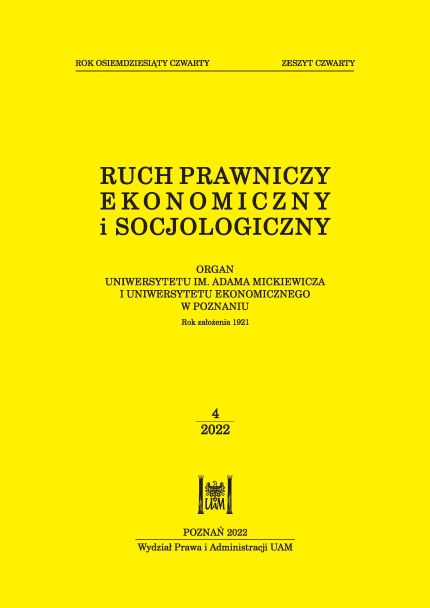Author(s): Daniela Cristina Valea / Language(s): English
Issue: 4/2022
The purpose of this paper is to present and analyze a few relevant aspects related to a fairly recent legislative amendment of the Criminal Procedure Code in Romania (28 February 2021), respectively the legal nature and the effects of non-compliance with the time frames established by the newly introduced Article 2502 in the Criminal Procedure Code. According to Article 2502 Criminal Procedure Code "Throughout the entire criminal trial, the prosecutor, the judge of the Preliminary Chamber or, as the case may be, the court periodically checks, but not later than 6 months during the criminal investigation, respectively one year throughout the trial, if the grounds which determined the taking or maintenance of the asset freezing exist, ordering, as the case may be, the maintenance, restriction or extension of the ordered measure, respectively the lifting of the ordered measure, the provisions of Article 250 and 2501 applying accordingly”. Taking into consideration the legal texts applicable in this matter, but also following the model of the procedural sanctions that can intervene in case of non-compliance with the time frames regarding the preventive measures, it is obvious that the competent legal bodies (prosecutor or court) have the obligation to carry out the periodic control on the preventive measures ordered in a criminal case, an obligation whose non-compliance calls forth the application of a/some sanctions. With regard to the type of sanction in question, given that the Romanian legislator omitted to expressly stipulate this issue, two points of view have already been outlined in the judicial practice and doctrine, based on the legal nature of the time limits established by Article 2502 Criminal Procedure Code: these are imperative terms whose non-compliance attracts the only possible sanction, the termination de jure of the measure, or there are recommended time frames whose non-compliance could incur the sanction of relative nullity provided the proof of damage to a legitimate interest is proven
More...



